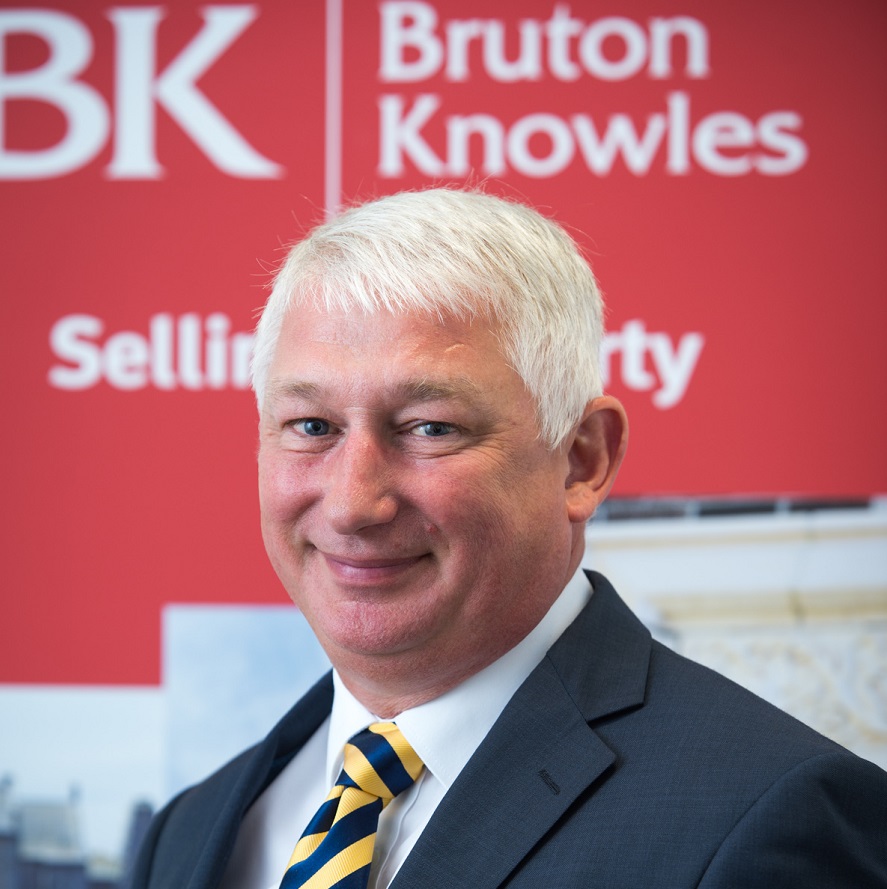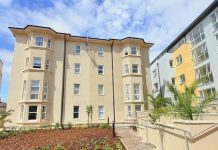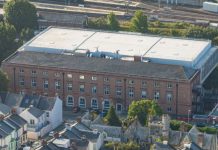Major new projects in Bristol are back on track and moving ahead but the city must introduce sensible traffic management schemes to keep vehicles moving if they are to be successful, according to one of Bristol’s property specialists.
With the Arena project now on track; plans for a new stadium for Bristol Rovers pressing ahead; Bristol City revamping their stadium and the electrification of the railway line to London the city is likely to attract more traffic than ever.
Paul Matthews, Head of the Bristol office of Bruton Knowles, says the fact that Bristol is the most congested city in Britain with some of the slowest traffic will count against these schemes being a success unless something is done.
He said: “Bristol is definitely on the up and besides these major projects we are also seeing Grade A offices available for let in the centre for the first time in a long while and people looking to move their businesses into the city.
“If those prospective businesses time their visits badly, their meetings will take much longer than expected and leave a nagging doubt of whether Bristol is the right choice. Arranging a meeting across the conurbation can sometimes mean an hour long journey if you pick the wrong time of day. Time is money and wasting time sat in traffic is frustrating to business people who are trying hard to make a business flourish.
“Other cities, such as Cardiff create priority flows for traffic at rush hour, with the object of easing the flow in and out of the city in the morning and evening respectively. Bristol’s traffic management seems intent on making movement as slow as possible, and this harms the city’s image and competitiveness.
“We need to look at schemes that improve the flow at peak times. In Cardiff lanes are switched to get traffic away from the city or in to the city at key times. If the Arena is to be a success we will need to look at such schemes.
“Once again if people come to Bristol Arena for an event and end up spending hours in traffic then the next concert or event that comes up they will choose to go to Cardiff or Birmingham. Transport needs to be integral to the planning of the Arena and the two stadium developments.
“The achievement of making Bristol a cycle friendly city is laudable, although we are far from having a properly segregated network which protects pedestrian as well as cyclists. Nevertheless the City Council seem intent on making car access into the city as difficult as possible.
“Getting us on bikes and public transport is a noble aim – good for our health, good for air quality and more cost effective. However, until we gain a public transport system that fully fulfils the population’s needs, allowing us to leave our cars at home and delivering us close to our place of work, which isn’t always in the city centre, we are faced with more city centre congestion, producing the opposite effect to the desired result, namely a less attractive city in which to conduct business.”
Mr Matthews said that with the new projects now likely to move ahead quickly then a traffic flow management scheme, aimed at getting cars into and out of the city more efficiently, is now a priority so it can be in place by the time the new facilities open to the public.






















